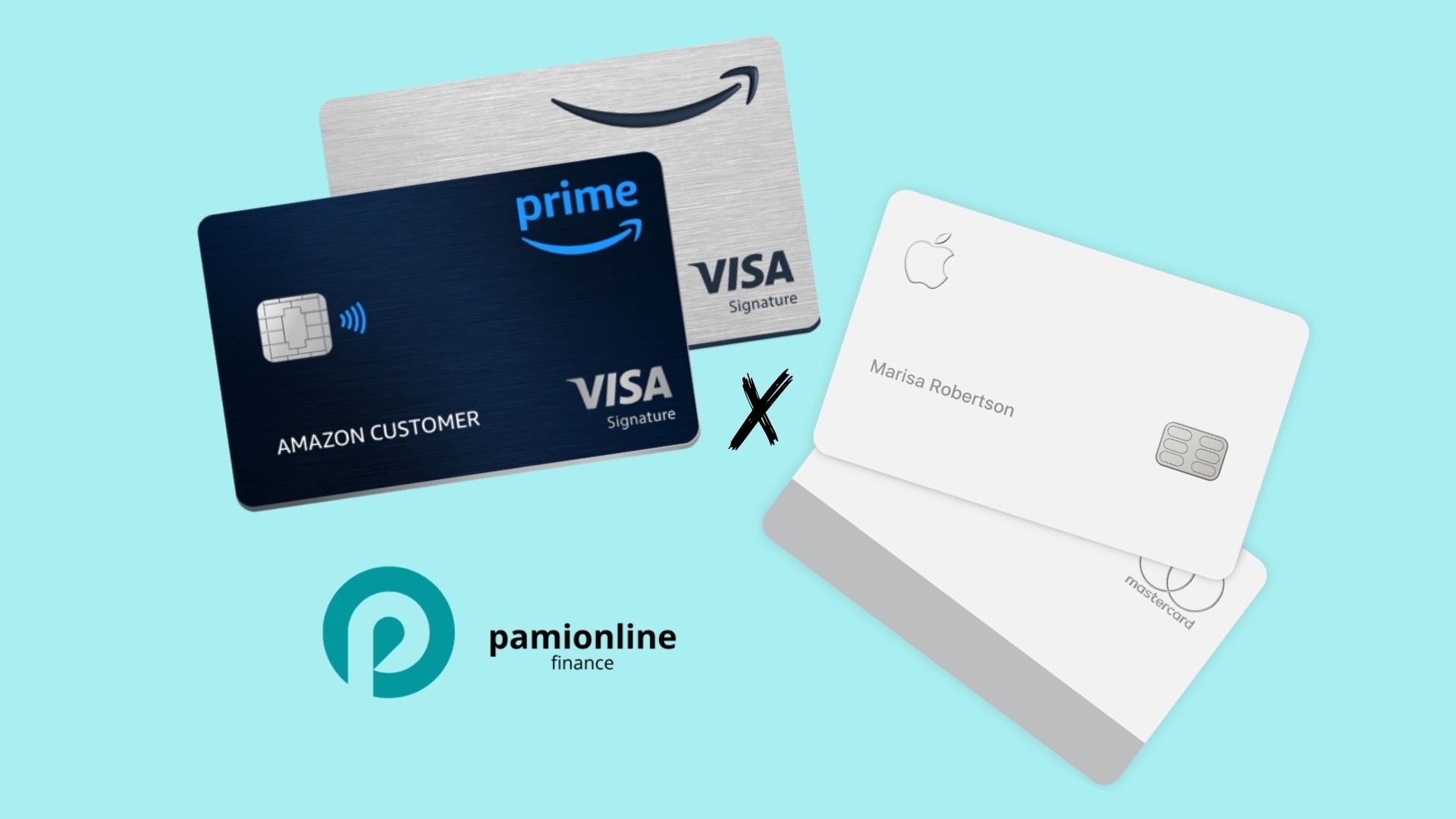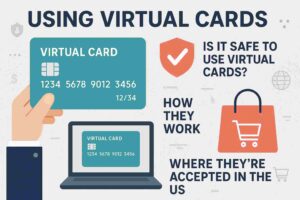How to Build Credit in the U.S. Without an SSN: A 2025 Immigrant’s Guide
Building credit in the U.S. without a Social Security Number (SSN) might seem intimidating, especially for newcomers aiming to start their financial journey. However, in 2025, there are several accessible paths for immigrants to establish a strong financial foundation. Understanding these steps is essential for securing loans, renting apartments, and even applying for certain jobs.
Establishing credit in the U.S. without an SSN requires creativity and knowledge of the evolving financial landscape. Financial institutions have adapted to welcome global residents, making it possible to obtain credit-building tools like secured cards and ITIN-based accounts. While patience is necessary, consistent financial behavior can pave the way toward an excellent credit score.
Understanding ITIN as Your Key to Credit in the U.S.

The Individual Taxpayer Identification Number (ITIN) has become a powerful alternative for immigrants in 2025. This number, issued by the IRS, allows you to pay taxes and open financial accounts. Many banks and credit card issuers now accept ITINs to report activity to major credit bureaus. By starting with an ITIN-based account, immigrants can begin their credit journey without waiting for an SSN.
In addition to serving as an entry point to credit in the U.S., an ITIN can simplify other essential financial steps. It enables newcomers to open checking and savings accounts, apply for certain personal loans, and even start building relationships with banks that offer immigrant-friendly products. By demonstrating consistent financial activity through these accounts, immigrants create a trackable history that banks and lenders can use to assess their reliability.
Alternative Credit-Building Methods
In addition to secured cards, immigrants can explore other creative methods to generate positive credit data. These approaches can include leveraging rent-reporting services, becoming an authorized user on a reliable family member’s credit card, or using innovative fintech platforms that report consistent payments to credit bureaus. These options include:
- Becoming an authorized user on a trusted friend or family member’s card
- Using rent-reporting services to include on-time payments in credit reports
- Exploring fintech platforms that report subscriptions or small loans to credit bureaus
Each method reinforces the financial profile, proving reliability to lenders without needing an SSN. By consistently demonstrating responsible payment habits, immigrants can show that they are trustworthy borrowers in the eyes of financial institutions. Over time, this reliability translates into broader access to credit products and better interest rates, even for those just starting their journey.
Avoiding Common Mistakes During the Credit Journey
While building credit in the U.S., it is crucial to avoid pitfalls that slow progress. Applying for multiple credit products in a short time can trigger inquiries and reduce initial scores. Carrying high balances or missing payments can also harm a fragile credit profile. Instead, maintaining low utilization and setting up automatic payments ensures steady growth.
Immigrants should also regularly check their credit reports to verify that ITIN-linked accounts are correctly reported. Monitoring these reports allows them to quickly identify errors or fraudulent activities that could harm their credit history. By resolving discrepancies early, they can protect the progress they have made and maintain a clean financial record.
Leveraging Credit Responsibly for Future Opportunities
Once an initial credit history is established, it is wise to use it strategically for long-term goals. A strong credit profile can secure better interest rates on auto loans, mortgages, or personal financing. By treating credit as a tool rather than free money, immigrants can create financial security and open doors to opportunities that may have felt unreachable upon arrival.
In conclusion, building credit in the U.S. without an SSN in 2025 is entirely possible with the right approach. By leveraging ITINs, secured cards, and alternative reporting methods, immigrants can confidently enter the American financial system. Remaining consistent, monitoring credit reports, and avoiding common mistakes will transform a newcomer’s financial path.















